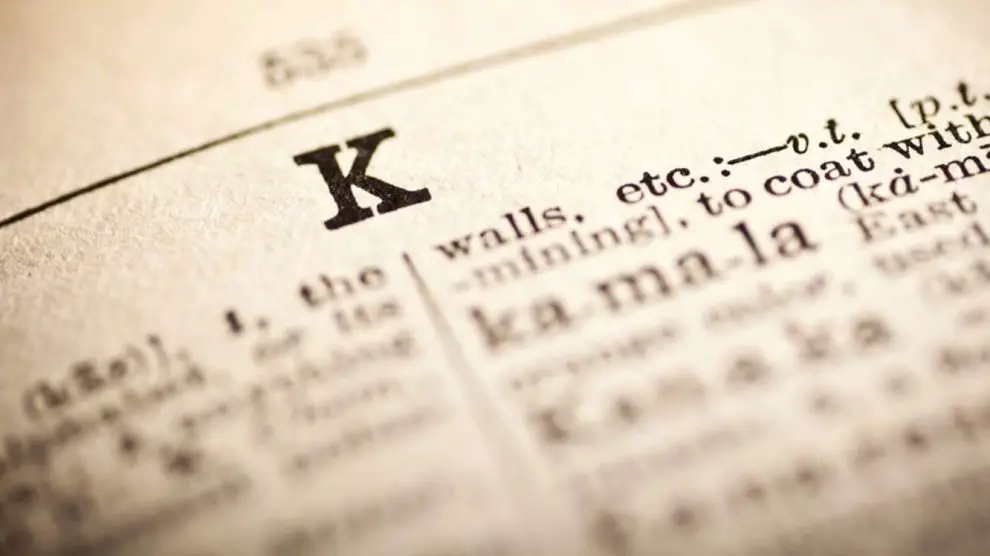As with all humans, we are seen as creatures of habit; we tend to use, create, say and act comfortably and knowledgeably to simplify our actions to make us understood. Writing is no different from this assertion. Have you noticed that we will write symbols, phrases, and digits that we know their meaning but do not understand where they originated from, or why we do it in the first place?
Take the letter ‘K’ for example. We all know that placing a capital K after any number or numbers implies a thousand of those numbers. 1K means one thousand, 25K means twenty-five thousand, etc. So where did this ‘K’ come from, and why does it signify a thousand items when written?
As with many English words and their meanings, the origins of the word ‘thousand’ have roots in the ancient Greek language. The Greek word ‘chília’ (which is its literal English translation) has a loose interpretation to ‘one thousand.’ This looseness is attributed to the ancient Greek’s attempt to find a simple phrase or word to mean a lengthy or long period of time.
The French were the founders of the metric system we commonly use today, and its origins can be traced back to the 17th century. When determining upon prefixes with which to use for their new metric measurements, the French borrowed the Greek word ‘chília’ and shortened it to ‘kilo.’ The French did not consciously adopt the term ‘chilo’ – which on face value appeared to be a logical choice to simply change ‘chilia’ to ‘chilo’ – because it was too similar to the lewd French verb ‘chier.’ The French, therefore, gave birth to the term ‘kilo.’
Kilo became the decimal unit prefix when the French devised and commissioned the metric system, meaning multiplication by one thousand to whatever unit it was written ahead of. (Interestingly, the English occasionally spelled ‘kilo’ as ‘chilio,’ in line with their puristic opinions of highly esteemed English scholars during the 19th century).
When the metric system was adopted, new words were formed and readily used for various purposes, such as kilogram, kiloliter, and kilotonne – which means to measure by 1,000. We quickly used the reference ‘kilo’ in our everyday lives – ‘I sweated off half a kilo in the gym today,’ and ‘the suitcase is a kilo overweight.’
Instead of writing the complete prefix ‘Kilo,’ we began to shorten it to only ‘K,’ without denigrating or reducing its original meaning. When did we actually start to use ‘K’ in written reference? The earliest reported and recorded documented use was dated back to the mid-1940’s, in a glossary entry for an Electrical Engineering textbook written in 1945.






![YouTube SEO in 2024 [Definitive Guide]](https://getpixie.com/wp-content/uploads/2024/02/shutterstock_1684828252-1-150x150.jpg)








